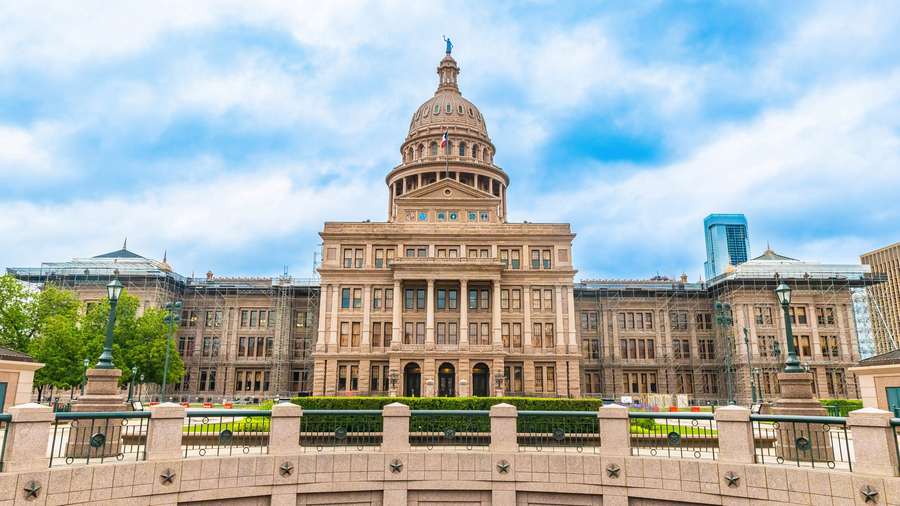
Texas senators have approved House Bill 1393, a bill that would keep the state on “summer time” year-round and end the seasonal time changes. The bill now heads to Governor Greg Abbott for his signature.
However, any move to permanent DST requires approval from Congress at the national level. The Uniform Time Act of 1966 allows states to opt out of DST and observe standard time year-round, as Hawaii and most of Arizona do.
Still, it does not permit the adoption of permanent DST without federal authorization.
“This is effectively a trigger bill waiting for change with the federal government.”
State Sen. Paul Bettencourt, a Houston Republican who sponsored the bill
The idea of permanent Daylight Saving Time has gained momentum across the US. in recent years. Supporters argue that more evening daylight can boost outdoor activity and reduce traffic accidents. Critics, however, raise concerns about children commuting to school in the dark and possible health risks.
Will Trump End DST?
President Donald Trump has expressed varying positions on Daylight Saving Time (DST) in recent years. In December 2024, Trump posted on Truth Social that DST is “inconvenient” and “very costly to our Nation,” pledging that the Republican Party would work to eliminate it.
18 states have so far enacted legislation or passed resolutions in support of permanent DST. Some of those states have made the change contingent on neighboring states doing the same. All states need Federal approval at the National level for any changes to take effect.
“Daylight Saving Time is inconvenient and very costly to our Nation.”President Donald Trump
Truth Social, Dec 13, 2024Never-Ending Debate
Proposals to adopt permanent standard time or year-round DST regularly surface on the US legislative agenda with nearly every biannual clock change.
Since 2015, more than 200 Daylight Saving bills and resolutions have been introduced in almost every state across the US, according to the National Conference of State Legislatures.



